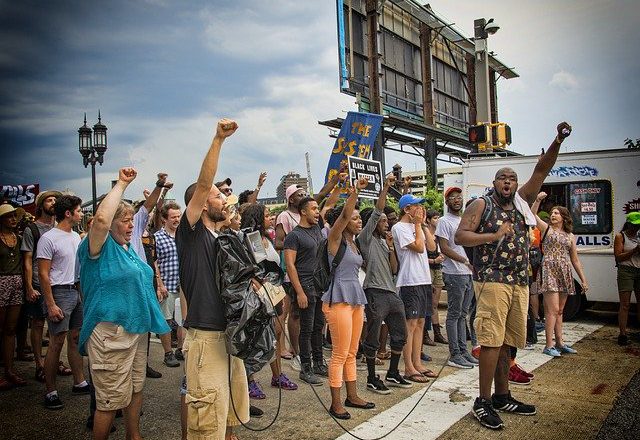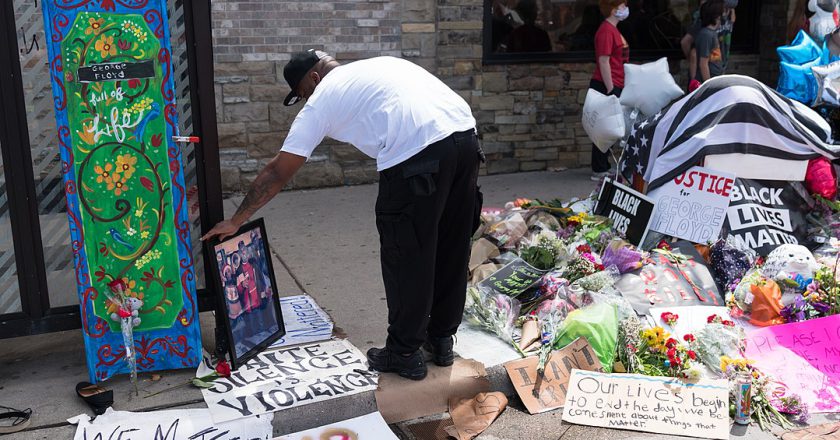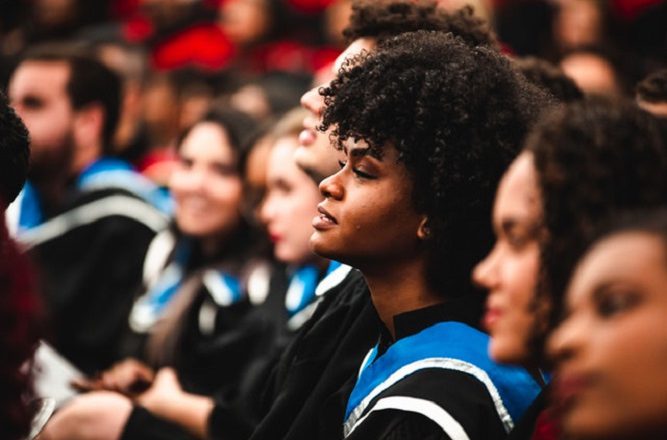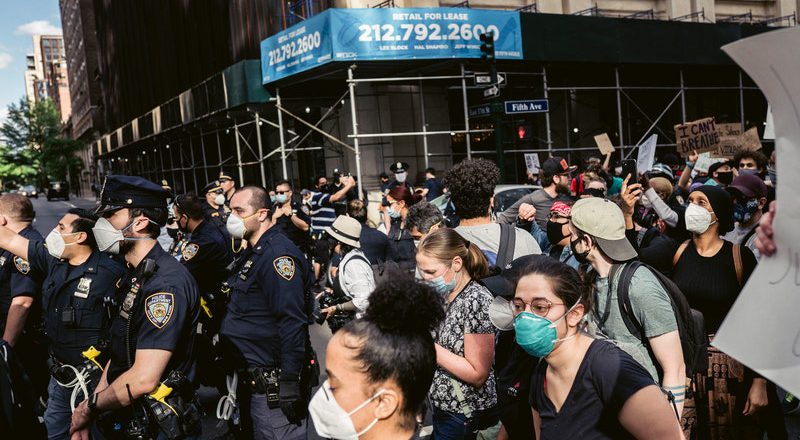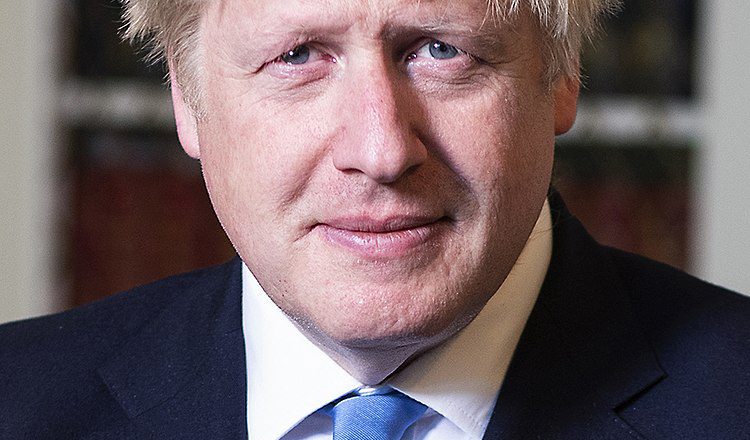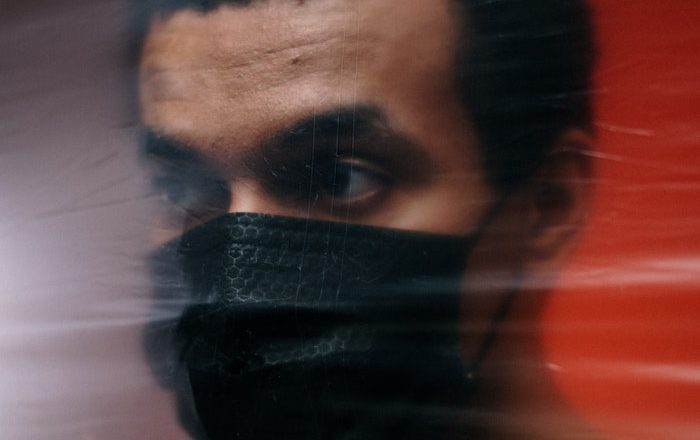The Fed Doesn’t Have The Right Tools To Fix Huge Racial Income And Wealth Gaps
BUSINESS
Paul Wachtel, New York University
Central bankers and economists from around the world are convening remotely for the annual Jackson Hole symposium on Aug. 27, 2021, to discuss the future of monetary policy.
For the second year in a row, the annual conference will be virtual and the theme – Macroeconomic Policy in an Uneven Economy – seems appropriate given that the road out of the pandemic recession has been bumpy, with Black Americans lagging behind.
Indeed, how central banks should address racial inequities in the distribution of wealth and income is a likely topic for discussion at the virtual retreat and could get a mention in Fed chair Jerome Powell’s highly anticipated speech.
A ‘critical role to play’?
It certainly is an issue that needs attention. Despite the vast cha...

